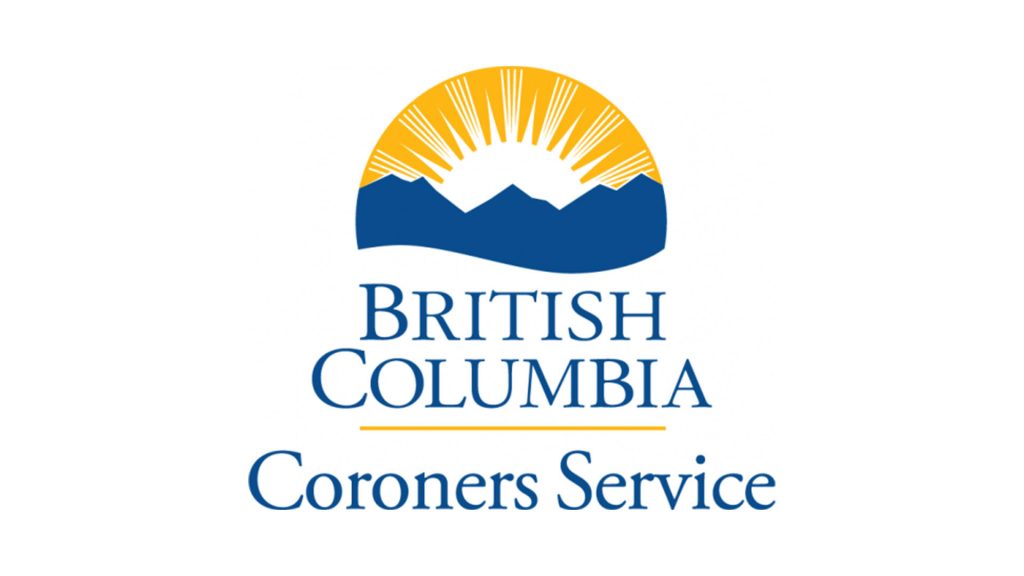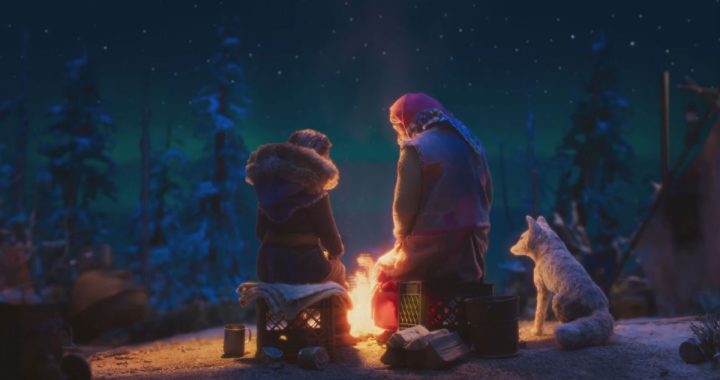
A British Columbia coroner’s jury began hearing evidence Monday into the death of a First Nations teenager at a group home in the Fraser Valley.
The body of 17-year-old Traevon Desjarlais-Chalifoux was found on Sept. 18, 2020, in the closet of his Abbotsford, B.C., group home four days after he was reported missing.
At the time of his death, Abbotsford police said there was no criminality involved, although the cause of his death was not released.
The teen had been living in the home operated by the Fraser Valley Aboriginal Children and Family Services Society (also called Xyolhemeylh) under contract to the provincial government.
The B.C. Coroners Service determined an inquest into the circumstances around his death to be in the public interest.
Xyolhemeylh is one of 24 Indigenous child and family service agencies charged with providing foster care to First Nations, Inuit, and Métis children and youth in B.C.
Xyolhemeylh, in turn, contracted out the boys’ care to a company called Rees Family Services Inc., which runs 10 Fraser Valley group homes.
The coroner’s jury will hear evidence from witnesses under oath, but the inquest is not a fault-finding inquiry.
The coroner says in a statement that the jury will make recommendations, supported by evidence, on ways to prevent deaths in similar circumstances.
Samantha Chalifoux, from Driftpile Cree Nation, Desjarlais-Chalifoux’s mother was called as the first witness. Through tears described her son as someone with goals who wanted to get a good job and loved being around his baby brother.
“He was a very outgoing person. He was happy,” said Chalifoux.
Chalifoux also talked about Desjarlais-Chalifoux starting to go back to school.
“I am going to make a lot of money. I am going to make so much money I give you some,” Chalifoux said he once told her.
She started getting calls from Desjarlais-Chalifoux while at his group home where he complained about not getting enough food or having dirty linens. She said she complained to a worker about these issues.
“If I was to be doing that in my own home I would probably get in a lot of trouble for it,” said Chalifoux.
She described their background as “very cultural”.
Desjarlais-Chalifoux had been living with his aunt, and later his uncle. Chalifoux said she didn’t get to hear many updates from her son during this time but that she didn’t feel it was a good environment for him.
Chalifoux said she was in regular contact with him and she would call the group home to try and address issues with his social worker Lindsay Thompson.
“It just seemed to get worse and worse each time. I last saw him … I got a phone call asking when I last spoke to him,” said Chalifoux.
She recounted that she received a visit from a police officer saying they found Desjarlais-Chalifoux dead in his closet. This was four days after he had been reported missing.
“During those four days I went banging on the door, knocking on the windows of that home. No one answered… said Chalifoux.
Chalifoux, while being questioned agreed that, Thompson liked her son and attempted to take care of him.
Thompson took him to medical appointments and a youth mentor as well as enrolled him in school.
“At the beginning it seemed like she cared, but then it seemed like she didn’t care anymore,” said Chalifoux. She said she stopped getting responses from the social worker.
When asked by the presiding coroner Margaret Janzen if she had anything to say, Chalifoux made a tearful statement about losing her son.
“I know if he had been with me he would still be alive … to me that is neglect … I had to push to have an autopsy for my son, why wasn’t it done right away,” said Chalifoux.
In Sept., the Union of B.C. Indian Chiefs released a statement about expressing concern over what they felt was a lack of attention into the youth’s death while in care.
“The lives of First Nations children deserve the same attention and action as any other child. This young man was in the care of a system that was supposed to protect him, yet his body went unnoticed for several days. The decision of the police to not investigate thoroughly into the circumstances of his death is affirmation of the systemic racism that devalues the lives of Indigenous peoples,” said Judy Wilson.
According to the B.C Coroners Service statement, the inquest will attempt to determine the cause and circumstances of Desjarlais-Chalifoux’s death, make recommendations to prevent such deaths in the future, and ensure public confidence that the circumstances will “not be overlooked, concealed or ignored.”
With files from Canadian Press










